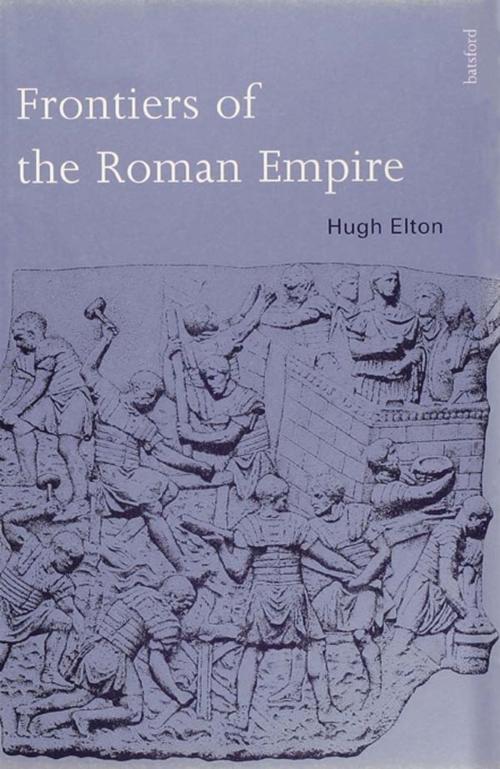| Author: | Hugh Elton | ISBN: | 9781134724574 |
| Publisher: | Taylor and Francis | Publication: | April 15, 2013 |
| Imprint: | Routledge | Language: | English |
| Author: | Hugh Elton |
| ISBN: | 9781134724574 |
| Publisher: | Taylor and Francis |
| Publication: | April 15, 2013 |
| Imprint: | Routledge |
| Language: | English |
With its succinct analysis of the overriding issues and detailed case-studies based on the latest archaeological research, this social and economic study of Roman Imperial frontiers is essential reading.
Too often the frontier has been represented as a simple linear boundary. The reality, argues Dr Elton, was rather a fuzzy set of interlocking zones - political, military, judicial and financial.
After discussion of frontier theory and types of frontier, the author analyses the acquisition of an empire and the ways in which it was ruled. He addresses the vexed question of how to define the edges of provinces, and covers the relationship with allied kingdoms. Regional variation and different rates of change are seen as significant - as is illustrated by Civilis' revolt on the Rhine in AD 69. He uses another case-study - Dura-Europos - to exemplify the role of the army on the frontier, especially its relations with the population on both sides of the border. The central importance of trade is highlighted by special consideration of Palmyra.
With its succinct analysis of the overriding issues and detailed case-studies based on the latest archaeological research, this social and economic study of Roman Imperial frontiers is essential reading.
Too often the frontier has been represented as a simple linear boundary. The reality, argues Dr Elton, was rather a fuzzy set of interlocking zones - political, military, judicial and financial.
After discussion of frontier theory and types of frontier, the author analyses the acquisition of an empire and the ways in which it was ruled. He addresses the vexed question of how to define the edges of provinces, and covers the relationship with allied kingdoms. Regional variation and different rates of change are seen as significant - as is illustrated by Civilis' revolt on the Rhine in AD 69. He uses another case-study - Dura-Europos - to exemplify the role of the army on the frontier, especially its relations with the population on both sides of the border. The central importance of trade is highlighted by special consideration of Palmyra.















